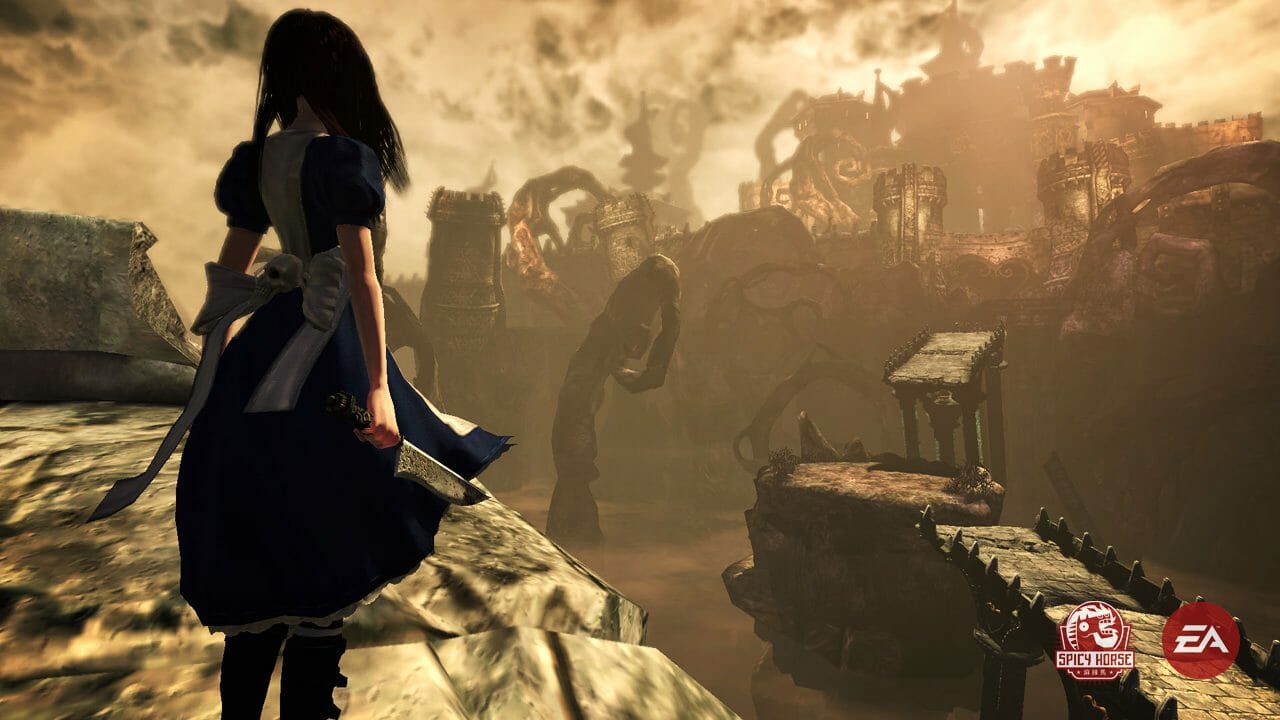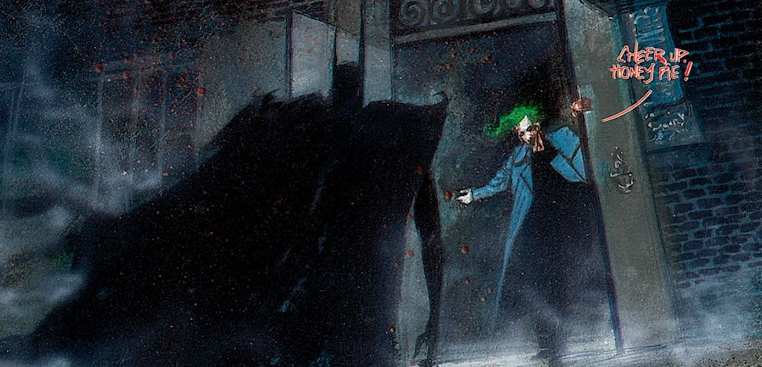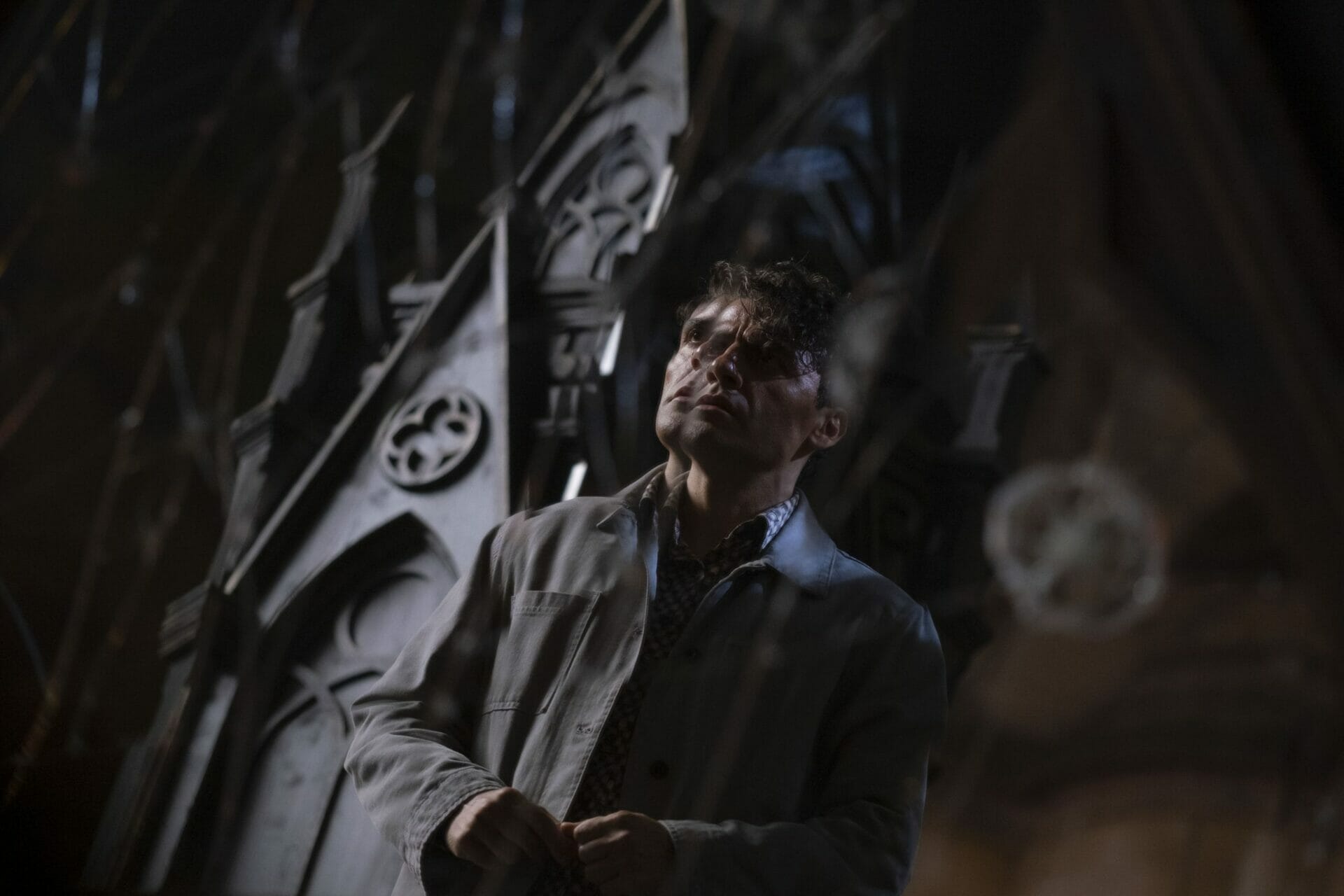
One Flew Over the Cuckoo's Nest | A manifesto against the system
Year
Runtime
Director
Production Designer
Music by
Country
Format
Genre
Subgenre
One Flew Over the Cuckoo’s Nest is a movie that often appears among the most acclaimed, influential, and beloved cult classics ever produced. The American Film Institute has twice ranked it as one of the greatest movies of all time (#20 on the original list and #33 on the 10th-anniversary edition). As if that were not enough, legendary Japanese filmmaker Akira Kurosawa listed it as one of his 100 favorite movies.
Czech-American director and screenwriter Milos Forman‘s adaptation of American author and counterculture icon Ken Kesey‘s 1962 novel of the same name (one of 1,000 novels everyone must read, according to The Guardian) won all of the “Big Five” Academy Awards: Best Picture, Best Director, Best Actor for Jack Nicholson, Best Actress for Louise Fletcher, and Best Adapted Screenplay for Lawrence Hauben and Bo Goldman.
Aside from its many awards, One Flew Over the Cuckoo’s Nest is often the first story that comes to mind when talking about mental illness and mental institutions. The movie offers a glimpse into the lives and constraints of characters, who are labeled differently because of their mental state, as well as a window into American politics in the ’60s and ’70s. It is a true manifesto against the “system” and resonates in many ways today.
Voluntarily Insane
Randle Patrick “Mac” McMurphy (Jack Nicholson) is no stranger to rebellion and petty crime. Prosecuted for sexual intercourse with a minor, he convinces the authorities that he belongs in a mental institution rather than in prison doing hard labor. So he ends up under the supervision of head administrative Nurse Mildred Ratched (Louise Fletcher), among patients with varying degrees of mental illness. The young, stuttering Billy Bibbit (Brad Dourif) and the deaf-mute Native American “Chief” (Will Sampson) are just a few of the characters involved in the ensuing drama. Realizing that life here is not as much fun as he would like, McMurphy will begin to change things, bring the other patients out of their shells, and breathe new life into their daily routines.
Normality as a Prison
One Flew Over the Cuckoo’s Nest depicts a miniature world where the Institute imposes its laws on the citizens, and Nurse Ratched dispenses justice. It does not take long to realize that what we think is good for the patients is, in fact, often a prison. Not just physically, but a prison to their free will and life experiences. When McMurphy tries to introduce the reclusive patients to basketball, sexual encounters with women, and a fishing trip on a boat, the reaction is always punitive. The patients always return in their drab uniforms, behind barred windows, forced to follow the collective schedule. And as the story unfolds, the punishment grows to the point of bringing death to the ward.
The aseptic white environments and the gritty, highly realistic look of Haskell Wexler and Bill Butler‘s cinematography reinforce this sense of imprisonment, which is obviously parallel to the fate McMurphy escaped in the first place. But such ironic misfortune is far from superficial. This repressive regime reflects conservative ideals that demonized sex, self-expression, and movements like the hippies. It also reflects American politics under the Eisenhower administration, a democracy preoccupied with eradicating communism and any tendencies it did not deem “normal.” And while these may sound like historical issues to us, self-expression and diversity are at the heart of what we still face daily.
What Has Changed Today
The theme of mental health has become increasingly popular in the cinematic medium. Suppose the examples before One Flew Over the Cuckoo’s Nest are sparse and more concerned with twisted antagonists, as in Alfred Hitchcock‘s Psycho (1960); the later years are different. More filmmakers explored the difficulties of being a victim of mental illness, as James Mangold did in Girl, Interrupted (1999). The institutional setting of One Flew Over the Cuckoo’s Nest also helped popularize mental hospitals as places of discomfort and terror. This trend has affected the media and is still prominent in many horror genre examples. One need only mention the TV series American Horror Story: Asylum and video games like Outlast and The Evil Within.
While we should be more concerned than ever about our mental state, the subject has clearly found a place in our entertainment culture. The influence of Forman’s movie is still sometimes visible, so much so that in 2020, Netflix produced a series called Ratched. Created by Evan Romansky and developed by Ryan Murphy, it serves as a prequel to the movie and follows a younger version of Mildred. But going back to the original might still be a good idea.
At a time when claiming to be mentally ill is gaining more public attention due to the collapse of stigmas about it, and with diagnoses increasing every year, One Flew Over the Cuckoo’s Nest could offer important insights into how what we are can depend on how we are treated, how we see ourselves, or what we pretend to be.
Our Own Experience
With our ever-changing lifestyles, One Flew Over the Cuckoo’s Nest can serve as a powerful metaphor for any prison we let our minds fall into, whether it’s our homes due to COVID-19 quarantine or the screens of smartphones that most people can’t turn off. Whether that is the case or not, the movie cannot fail to make the viewer emotional.
The soundtrack alone is a moving experience. Filled with whistles, simple guitars, and percussion, it often feels like a live performance, something the characters could play around a campfire if only they had the freedom to do so. Characters that stand out for their humanity: there is good and bad in each of them, and even in the most flawed, like McMurphy and Nurse Ratched, one could find sparks of righteousness.
With most of its cast becoming icons in cinema history, One Flew Over the Cuckoo’s Nest is an essential piece of cinema. A movie with many layers and possibilities of interpretation, despite the apparent simplicity of its style, a story rich in humanity and emotion that has inspired many other filmmakers and artists to this day. Whatever one’s own interpretation of Forman’s movie may be, in the end, it is the journey that counts the most.
Tag
Buy a ☕ for Hypercritic












